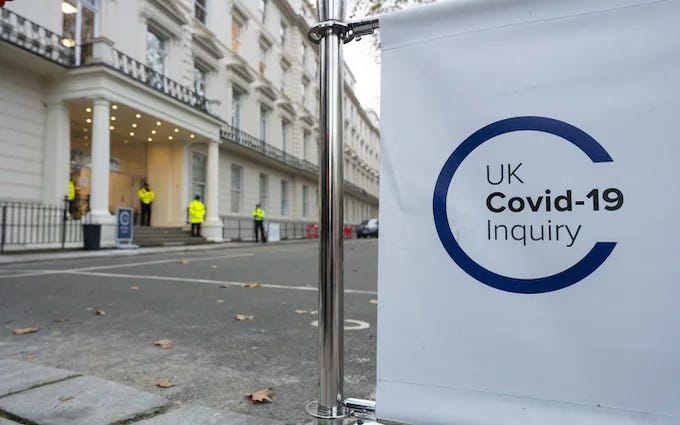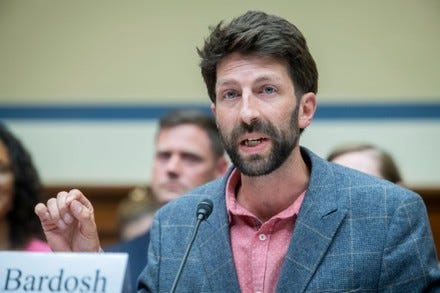Academics raise concerns about shortcomings of UK Covid-19 Inquiry
Over 50 prominent UK academics have signed an open letter to Baroness Heather Hallett, chair of the UK Covid-19 Inquiry, calling for urgent action to address the shortcomings of the probe so far. The signatories of the letter say the Hallett Inquiry suffers from bias, false assumptions, and a lack of impartiality.
“The Covid Inquiry is not living up to its mission to evaluate the mistakes made during the pandemic, whether Covid measures were appropriate, and to prepare the country for the next pandemic,” they write.
Kevin Bardosh, lead signatory and Director of Collateral Global has been following the Inquiry closely. He’s concerned it has focused too much on “who said what and when,” rather than homing in on key scientific questions about the evidence (or lack thereof) underpinning policy decisions.
“The Inquiry was pre-designed on the assumption that the government ‘didn’t do enough’ to protect people during the pandemic,” says Bardosh. “But the thing about the pandemic is that more measures, didn’t mean more lives saved. It’s a paradoxical aspect of health policy that more doesn't necessarily mean better.
Bardosh, who is affiliated with University of Edinburgh Medical School, says because the Inquiry’s starting position is that non-pharmaceutical interventions (e.g. masks) and lockdowns were necessary and effective, it’s not actually interrogating the trade-offs of these policies.
“If you go back to pre-Covid, policies like lockdowns, extended school closures, and contact tracing for a respiratory virus, were not the ‘scientific consensus’ for how to respond rationally to a pandemic,” he says. “In fact, the reverse was true. The goal was to minimise the disruption to society because it would have all these short and long-term unintended consequences.”



